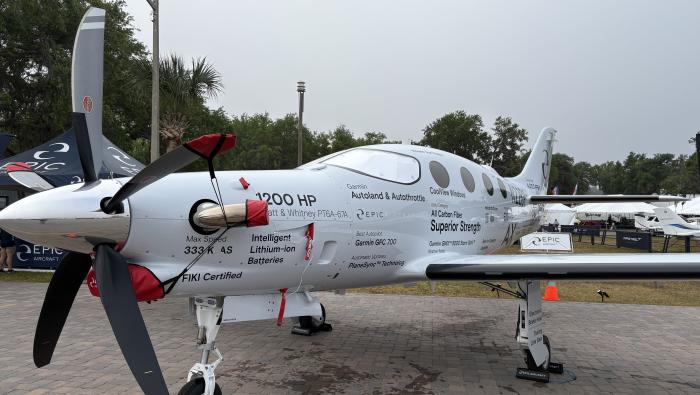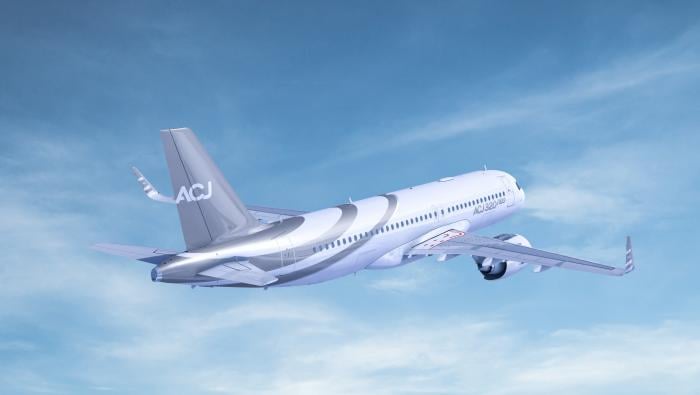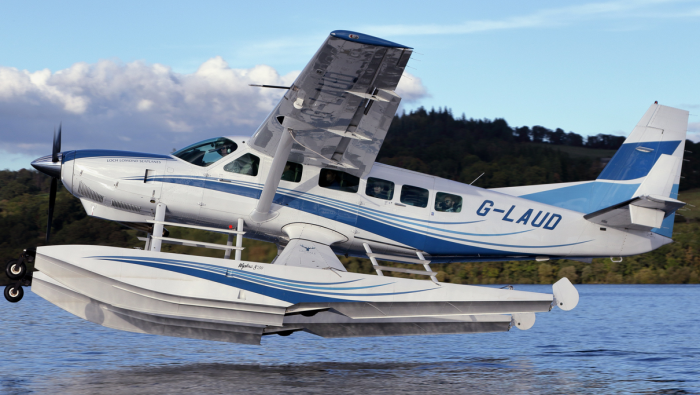Airborne Flying Service is leasing two Daher Kodiak 100s from the non-profit American Heritage organization to expand its air medical services in the South Central U.S. Hot Spring, Arkansas-based Airborne Flying Service will use the first of the turboprop singles to support the ground and airborne network of LifeNet Emergency Services. The aircraft will extend operations to airports near rural communities, Daher said—a factor that played into the decision to launch Kodiak 100 air ambulance services.
“The Kodiak 100 was a very deliberate choice after considering a full range of options, having made detailed analyses on capabilities and costs for new and used aircraft in single- and twin-engine versions,” said JB Kirk, president of Airborne Flying Service. “Safety is the most important element of every flight we perform, and the Kodiak 100 fully meets our needs—especially at night and in bad weather—because it is simple and easy to use.”
Airborne Flying Serve will make the aircraft interoperable with ground ambulances through the use of a roll-on/roll-off capability, averting a need to move patients on and off stretchers during transfers and reducing their exposure during that time. “The airplane’s ergonomics are exactly what we need for emergency services,” Kirk added.
Kodiak dealer American Kodiak sold the two aircraft to American Heritage.







